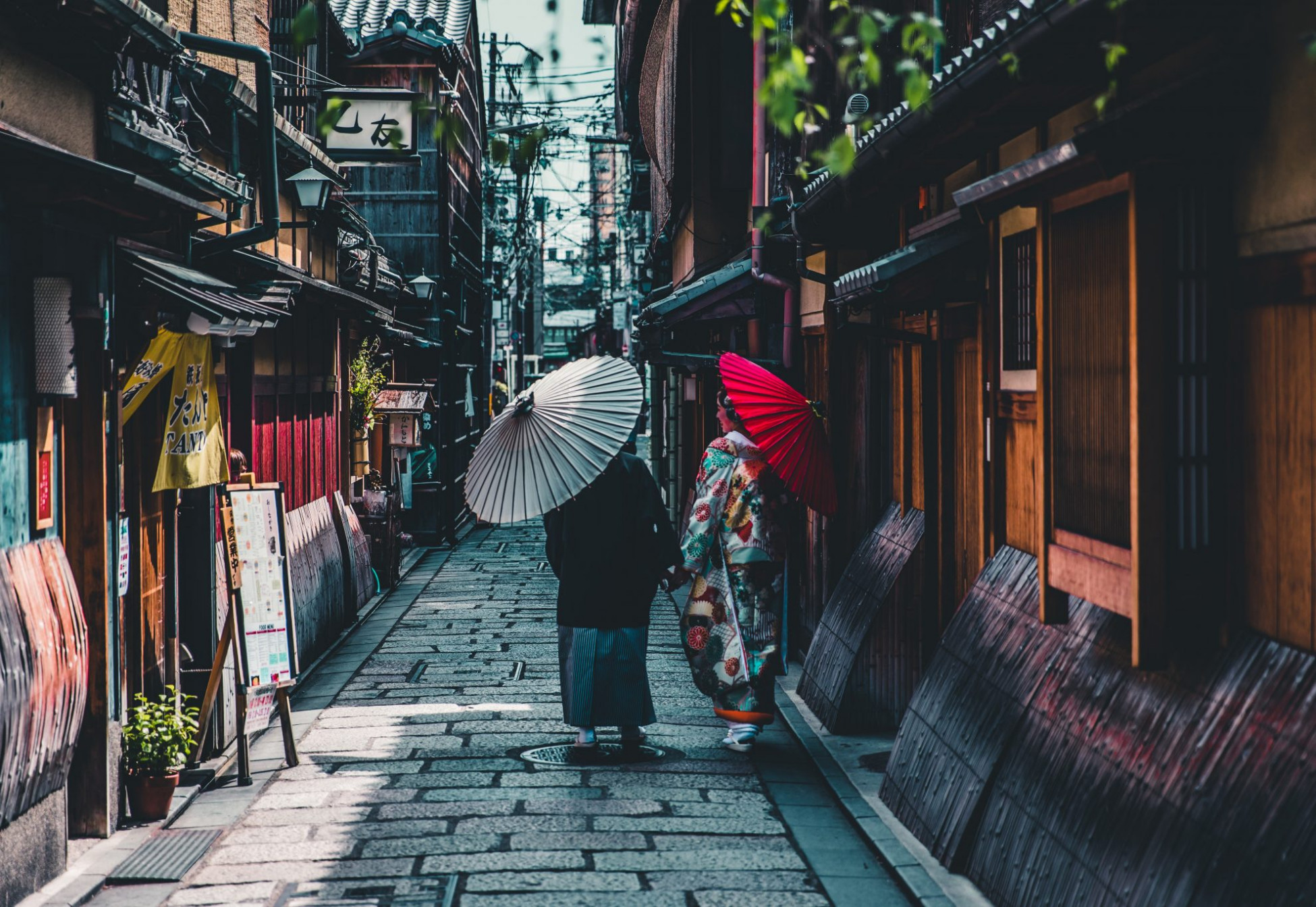
Group Description
Connect with travelers with disabilities and welcoming locals, offering tips on accessible hotels, wheelchair-friendly attractions, and transportation in Japan. From Tokyo’s bustling Shibuya Crossing and historic Asakusa to Kyoto’s golden Kinkaku-ji, Hiroshima’s Peace Memorial Park, and the hot springs of Hakone, whether it’s your first visit or a return trip, this is the place to ask about accommodations, getting around, or inclusive activities – someone here has likely experienced it before. You’ll find personal stories, travel tips, and recommendations for cultural, historical, and nature experiences. This group supports mobility aid users, along with travelers who have sensory sensitivities, low vision, and hearing loss, helping you enjoy a more accessible Japan adventure.
‘Dragon Eye’ lake
‘Dragon Eye’ lake
Posted by gbgb on August 9, 2020 at 12:03 amCan anyone comment on the accessibility of Dragon Eye Lake on Mount Hachimantai?
As the optimal viewing time is in winter I don’t hold much hope but you never know!
Accessible Japan replied 5 years, 3 months ago 3 Members · 2 Replies- 2 Replies
From the looks of this drone video, even if the bus is accessible getting to the pond requires hiking on the snow…
https://www.youtube.com/watch?v=OA5dT2eioeI

Hi,
We just contacted the bus company servicing the line from Morioka to Hachimantai Peak. The buses are normal buses (not highway buses with steps), but not all of the buses on the route are accessible to wheelchair users. However, the the staff said that if you know your departure time in advance, they can arrange for an accessible bus at that time.
Unfortunately, once you arrive at the peak it is 20 minute hike in the snow to get to the pond.
The Iwate tourist website (https://iwatetabi.jp/barrierfree/) has a little bit on accessible travel (in Japanese only) but nothing on Hachimantai Kagami-numa.
The local branch of the Japanese National Organization likely can put you in touch with an accessible tour provider (if they exist) – https://visitiwate.com/travel-tips
Sorry for the bad news. But definitely reach out to the tourist organizations, the more requests they get the more they will realize accessibility is important!
Log in to reply.
